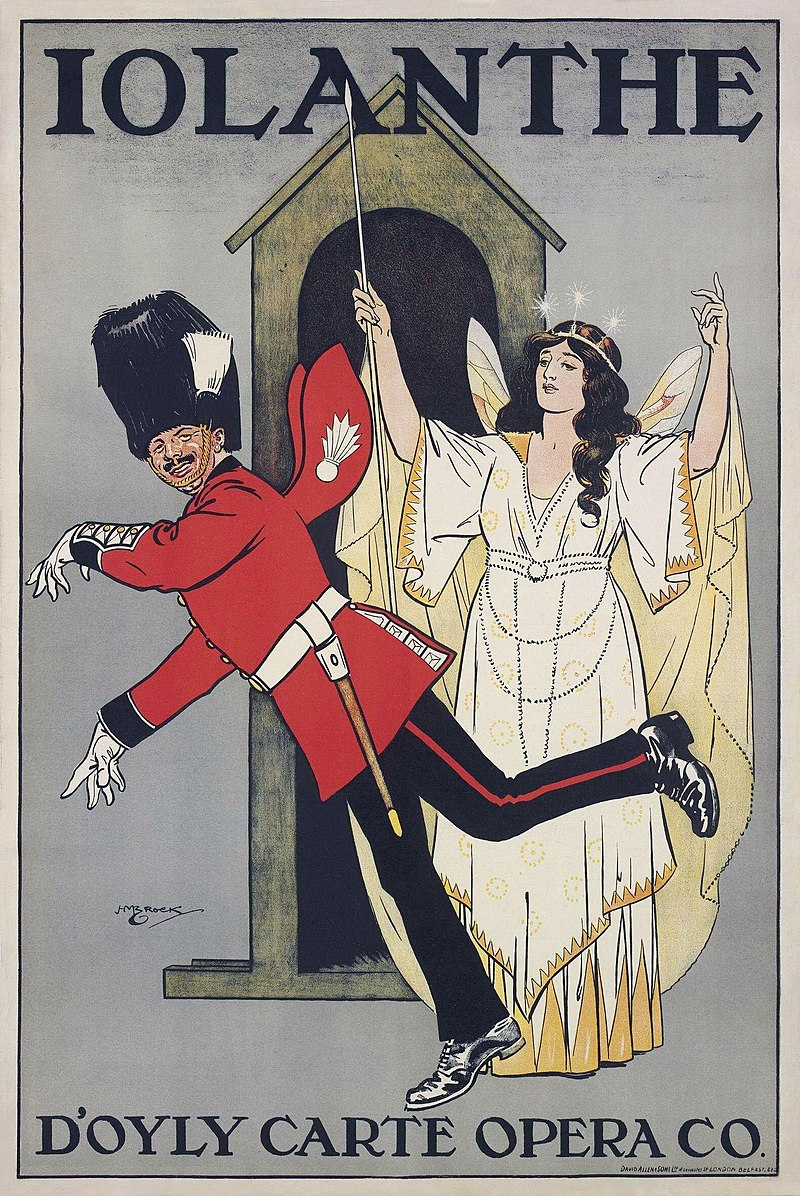I recently finished reading a World War II women’s fiction novel in which one of the main characters dies a sudden, violent death. (There are many, many spoilers ahead in this blog post, but I’ll spare you on this one. I’ll just reveal that it’s one of the books I recommended on my newly published Shepherd page.) I was shocked and distressed when I read that scene, and it took me a few days to get over it. Of course, I went on with life as usual, but I couldn’t shake the vague feeling of sadness that temporarily permeated my existence. Since this is a work of fiction, the author could have saved this character if she had wanted to. What is the point of putting one’s reader into a state of grief, even if only for a brief time?
I write Historical Romance and one of the unbreakable rules of romance
writing is that the hero and heroine (or hero/hero, heroine/heroine in same-sex
Romances) must get their “Happily Ever After,” abbreviated in the Romance writers’
community as HEA. I hold a Bachelor’s degree in English, and have studied theories
on why novelists, poets and playwrights choose to write tragedy, sometimes compelling
the reader or audience member to openly weep. Scholars look to Aristotle for
the rationale of annihilating a character whom the spectators have come to respect
and cherish. He wrote that catharsis for the audience is achieved through
emotions such as pity and fear. In modern phraseology, having a “good cry” over
the death of a beloved character in fiction or film ultimately makes us feel
better. Or does it?
I was originally going to title this blog post “Why do love
stories always have to be so sad?” inspired by watching (for the third time at
least) all three seasons of the superb PBS series Victoria. Originally produced for British television, the somewhat
historically accurate drama takes us from Queen Victoria’s accession in 1837 to
Prince Albert’s triumphant Great Exhibition of 1851. The series is brilliantly written,
acted, directed and filmed, with the sumptuous palaces, opulent jewels, lavish costumes,
and splendid scenery of nineteenth century European aristocracy, along with all
the Sturm und Drang* of the British royal
family, of course.
There are many love stories, some happier than others, dramatized in
Victoria. (This is where the spoilers
come in, so if you plan on watching the series and prefer to be surprised, do not read any further!) Victoria’s
heart may be slightly wounded on being rebuffed by Lord M, but she recovers
completely after finding her Prince Charming, or rather, her Prince Albert. Victoria
and Albert’s romance is legendary, and though they have their trials and dark
moments, their ardor is as central to the series as it was historically renowned.
Other relationships in the series are less fruitful, and many will
rend the TV viewer’s heart. Ernest, Duke of Saxe-Coburg and Gotha and
Harriet, Duchess of Sutherland both survive, but their love affair is as
poignant and star-crossed as it is historically inaccurate. Likewise, the forbidden
affaire de coeur of palace footman Joseph
Weld and Sophie, Duchess of Monmouth is destined for heartbreak. A more disastrous
end comes to the liaison between Edward Drummond and Lord Alfred, and though
Charles Francatelli and Nancy Skerritt eventually marry, their “happily ever after” ends all too soon, when a pregnant Nancy tragically succumbs to cholera.
Season 3 ends with a cliffhanger, as Albert collapses at Victoria’s feet, and she frantically tries to rouse him. In this I see a foreshadowing of Prince Albert’s untimely death at age 42. Though that fateful event occurs outside the scope of the TV series, most of us know it’s coming, to be followed by a long and bleak widowhood for Queen Victoria. (The show is currently on hiatus, and no plans for a season 4 have been announced.)
Perhaps it is the hope of the next generation that ultimately sustains
us. In the TV series, Princess Vicky’s unexpected recovery from a deadly illness
is a joyous and welcome relief for the Victoria
viewer. (In real life, the Princess Royal went on to marry and have several
children of her own.) We are also heartened by the poignant reunion of Sara (aka
Aina) with her foster parents, Captain and Mrs. Forbes. A life of extravagance at
Buckingham Palace is nothing compared to the domestic harmony of a simple and loving
home for the African orphan.
Like those of both fictional and historical persons, our lives are
filled with love and loss, pleasure and sorrow. Whether wedded bliss lasts but a
few months (like Charles and Nancy) or many years (like Victoria and Albert),
or is sadly thwarted (like Ernest and Harriet), we humans must persevere, and determine
for ourselves what happiness is really all about. Like many of us, I am still working
that out.
~~~
* Literally “storm and stress,” the term alludes to a proto-Romantic movement in German literature and music. It is used figuratively to refer to turmoil, passion and unrest. I use it in reference to the stresses and distresses of the British royal family, as valid in Charles III’s time as in Victoria’s. Of course, the same idiom could be applied to almost any family, royal or otherwise.




